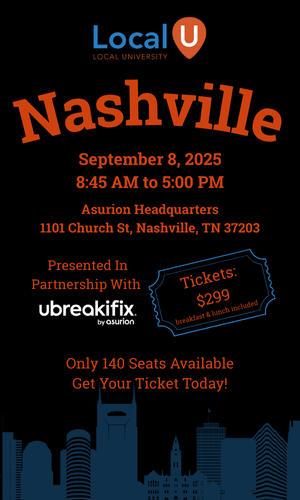- Joined
- Aug 23, 2012
- Messages
- 141
- Reaction score
- 23
Been doing lots and lots of research for my PI attorney clients. ALL of their competitors have clearly hired SEOs who've bought backlinks, either with guest blogs in mediocre blogs, or curated links in existing content. ALL OF THEM. Gone are the days when you'll see your car repair link in a baby site on the same page as roofing, leaky drain, or financial advisor links. These newer blogs look decent. Most look to be PBNs, but not all are. Some are established blogs that look to be selling links like this one: Half Window Treatments Styles and Tips - Know What Suit You Best - Sunshine Drapery and Interior Design
I'm sure since you do SEO, you've all seen it too.
Through the years, and I've been doing SEO since 2000, I've always taught my audiences to avoid buying backlinks and to steer clear of SEOs who sell them. And my approach has always been to give what users and Google wants. I've been quite successful doing that.
But now since those types of links look better now to the reader and likely to Google too, I'm wondering if I can continue to rank my PI client in a very competition geo-area without those hundreds or thousands of backlinks that every one of his competitors has?
My feeling is, Google, if they aren't already, will catch on. This is clearly against their policies. Or has google already devalued them and the sites I'm seeing at the top of the SERPs are ranking for other reasons?
I'm starting a new SEO contract with a PI attorney in a very competitive local area. I would love to prove that all that artificial backlinking is a waste of money and time, and so I'll be avoiding it. Am I the fool? Has anyone done any research on this? What does the data show?
P.S. After doing all this research and seeing artificial backlink after artificial backlink, I got to thinking that if I were Google, I'd devalue (as in no value) any backlink that doesn't come from a very popular related or local website. Local business popularity (as a ranking factor) for their service should not be determined by how many backlinks they have unless they are the right kind (localized and relevant), because what difference does it make that a Seattle plumber gets backlinks from a site in NY? That says nothing about their service and that's what searchers are looking for. Ranking informational articles is different. I propose to Google that they separate the two. As it is, if they use backlinks to rank a local business, they are judging a service's rank by their content as judged by people who don't matter. Doesn't Google have enough now with their NLP, on-page, SEO, and engagement signals?
I'm sure since you do SEO, you've all seen it too.
Through the years, and I've been doing SEO since 2000, I've always taught my audiences to avoid buying backlinks and to steer clear of SEOs who sell them. And my approach has always been to give what users and Google wants. I've been quite successful doing that.
But now since those types of links look better now to the reader and likely to Google too, I'm wondering if I can continue to rank my PI client in a very competition geo-area without those hundreds or thousands of backlinks that every one of his competitors has?
My feeling is, Google, if they aren't already, will catch on. This is clearly against their policies. Or has google already devalued them and the sites I'm seeing at the top of the SERPs are ranking for other reasons?
I'm starting a new SEO contract with a PI attorney in a very competitive local area. I would love to prove that all that artificial backlinking is a waste of money and time, and so I'll be avoiding it. Am I the fool? Has anyone done any research on this? What does the data show?
P.S. After doing all this research and seeing artificial backlink after artificial backlink, I got to thinking that if I were Google, I'd devalue (as in no value) any backlink that doesn't come from a very popular related or local website. Local business popularity (as a ranking factor) for their service should not be determined by how many backlinks they have unless they are the right kind (localized and relevant), because what difference does it make that a Seattle plumber gets backlinks from a site in NY? That says nothing about their service and that's what searchers are looking for. Ranking informational articles is different. I propose to Google that they separate the two. As it is, if they use backlinks to rank a local business, they are judging a service's rank by their content as judged by people who don't matter. Doesn't Google have enough now with their NLP, on-page, SEO, and engagement signals?




